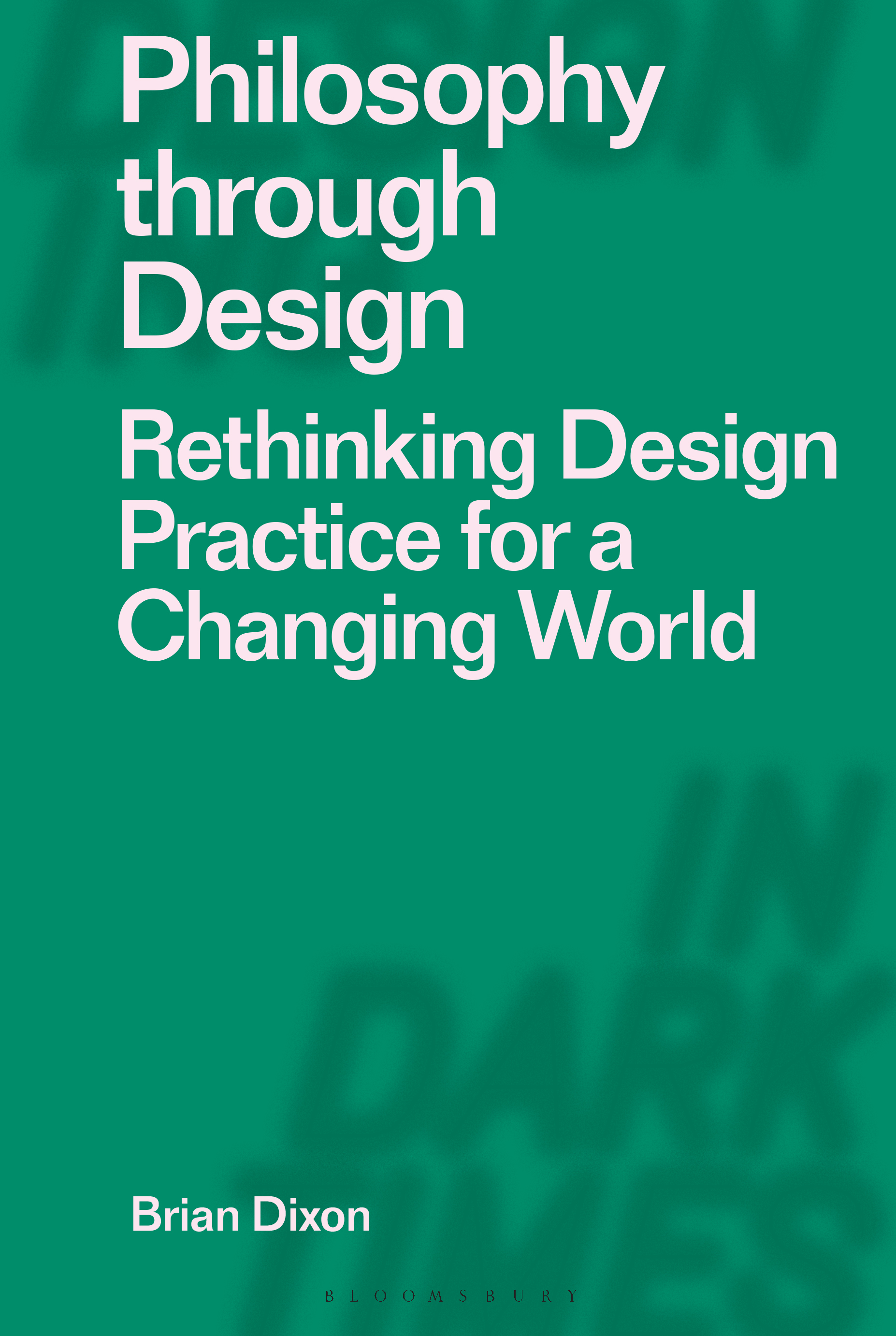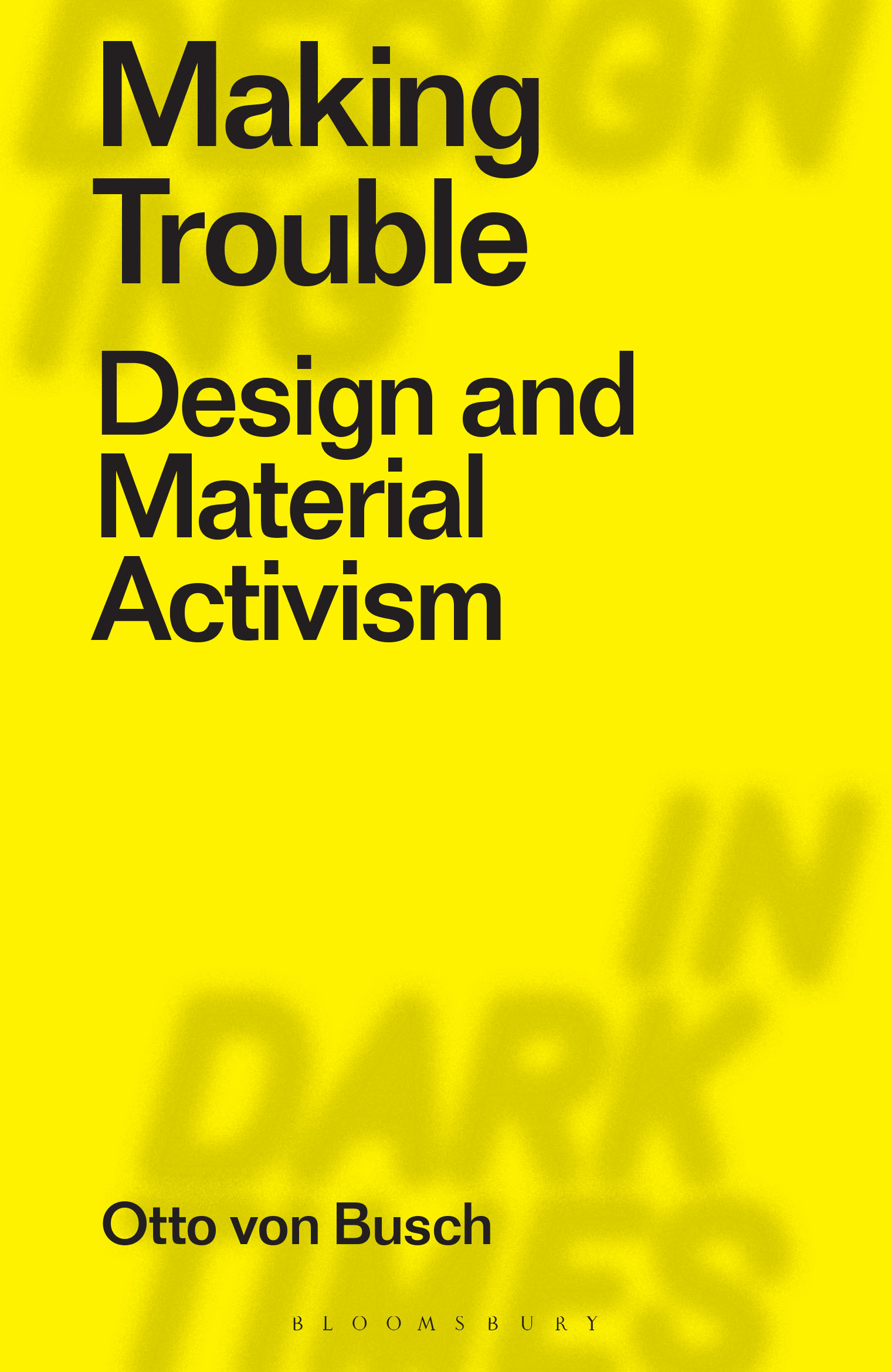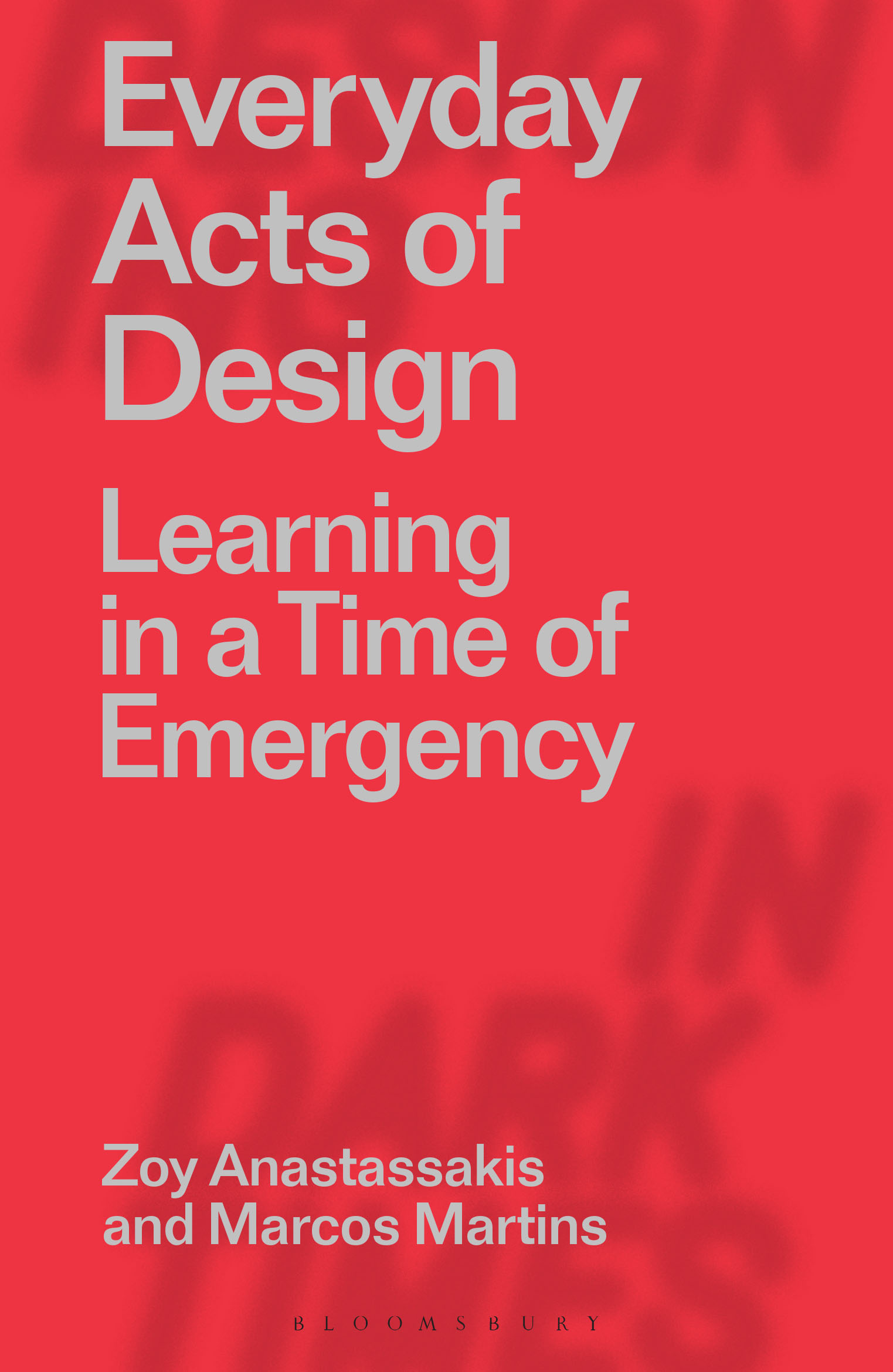
Bloomsbury (2026)Buy (...)
Philosophy Through Design traces the key, competing philosophical positions that currently inform the field of design, while proposing a novel, practice-led methodology termed ‘philosophy-through-design.’ In mapping these positions, the book examines popular assumptions shaping contemporary design discourse and pays particular attention to the increasingly urgent domains of technology, society, and the ecological. These interconnected areas not only define the core concerns of today’s design practice and research, but also reflect the deeper dynamics of the global crises threatening life on the planet.
Rather than offering a neutral survey, the book draws out the underlying meanings and values embedded in design’s foundational ideas, enabling a deeper understanding of what the field is ‘doing’—as well as opening space for greater criticality and alternatives. In proposing a philosophy-through-design, the book suggests that design can venture beyond its traditional commercial or problem-solving roles. It argues that, when approached reflectively, design practice becomes capable of asking and answering philosophical questions about meaning and value in everyday life.
Through this lens, design becomes a site for conscious and collective world-making—one grounded in situated experiences, experimentation, and making. As such, Philosophy Through Design invites readers to imagine a more inclusive and plural future, shaped by practices that are as much about inquiry as they are about action.
Brian Dixon is Head of the Belfast School of Art at Ulster University. His research explores the intersection of design, philosophy, and education, with a focus on how design can serve as a mode of critical inquiry. He is the author of Dewey and Design and Philosophy and Making Things Happen.







